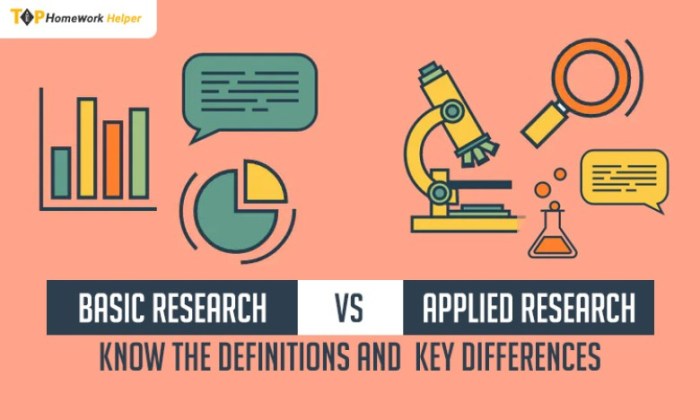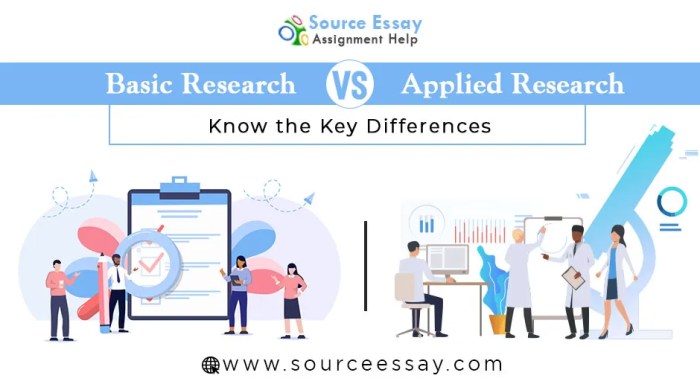The center for applied research in education answer key – The Center for Applied Research in Education (CARE) stands as a beacon of innovation, shaping the future of education through groundbreaking research, professional development, and data-driven insights. With a mission to advance educational practices and improve student outcomes, CARE has emerged as a leading force in the field of education.
CARE’s journey began with a vision to bridge the gap between research and practice. Since its inception, the center has undertaken numerous research projects, exploring diverse areas such as curriculum development, assessment strategies, and the impact of technology on learning.
CARE’s unwavering commitment to educational excellence has earned it a reputation for producing high-quality research that informs policy and practice.
1. Overview of the Center for Applied Research in Education (CARE)

The Center for Applied Research in Education (CARE) is a leading research and development center dedicated to improving educational outcomes. Established in 1995, CARE conducts rigorous research, develops innovative educational programs, and provides professional development opportunities to educators.
CARE’s mission is to advance the science of teaching and learning by bridging the gap between research and practice. The center focuses on key research areas such as early childhood education, teacher effectiveness, and educational technology.
2. Educational Research and Development: The Center For Applied Research In Education Answer Key
CARE conducts a wide range of research projects to inform educational policy and practice. These projects include:
- Developing and evaluating innovative teaching methods
- Studying the impact of technology on learning
- Identifying factors that contribute to student success
CARE’s research approach emphasizes collaboration between researchers and practitioners. The center uses a variety of methodologies, including quantitative and qualitative research methods, to collect and analyze data.
3. Professional Development and Training

CARE offers a variety of professional development programs for educators. These programs are designed to improve teachers’ knowledge and skills in areas such as:
- Curriculum and instruction
- Assessment and evaluation
- Classroom management
CARE’s training programs are based on the latest research and are designed to be practical and applicable to the classroom setting.
4. Data and Assessment
CARE plays a vital role in collecting and analyzing educational data. The center has developed a number of assessment tools and instruments to measure student learning and teacher effectiveness.
CARE’s data and assessment efforts provide valuable information for educators, policymakers, and researchers. This information can be used to improve educational programs and policies.
5. Partnerships and Collaborations

CARE has established partnerships with a variety of organizations, including schools, universities, and businesses. These partnerships allow CARE to leverage its research and development expertise to improve educational outcomes.
CARE’s partnerships have resulted in the development of innovative educational programs, the implementation of research-based practices, and the dissemination of research findings.
6. Dissemination and Outreach
CARE disseminates its research findings through a variety of channels, including:
- Publications
- Conferences
- Workshops
- Online resources
CARE’s outreach efforts are designed to reach a wide audience of educators, policymakers, and researchers. The center’s goal is to promote the adoption of evidence-based practices and improve educational outcomes for all students.
FAQs
What is the primary focus of CARE’s research?
CARE’s research primarily focuses on improving educational practices and student outcomes. It explores areas such as curriculum development, assessment strategies, and the impact of technology on learning.
How does CARE disseminate its research findings?
CARE disseminates its research findings through publications, conferences, workshops, and its website. It also collaborates with educational organizations and policymakers to ensure that its research has a practical impact.
What are the benefits of CARE’s professional development programs?
CARE’s professional development programs provide educators with the knowledge and skills to enhance their teaching practices. These programs cover topics such as curriculum design, assessment techniques, and the use of technology in the classroom.

